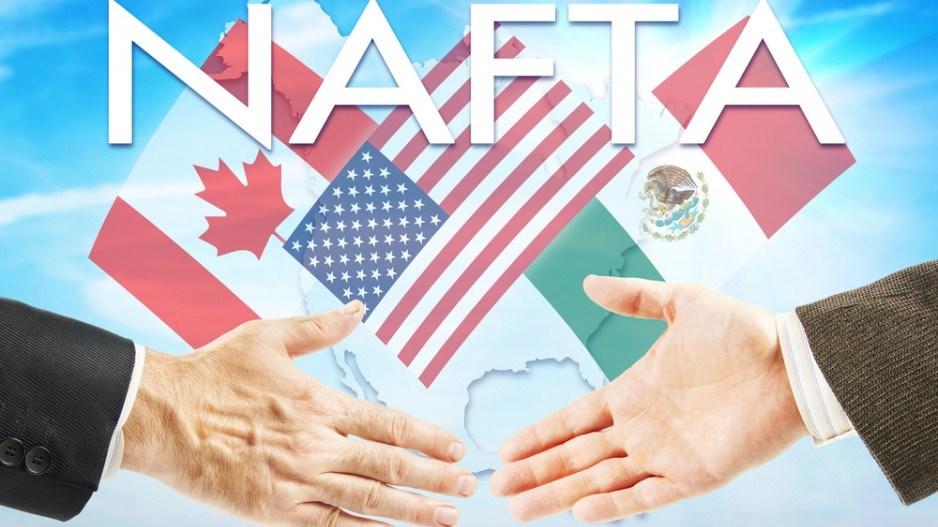After nearly a year long trade war with our neighbours to the south, the white flags have been raised on both sides the boarder and a cease fire has been struck.
The tariffs imposed by the U.S last June on steel and aluminum products imported from Canada of 25% and 10% respectively are expected to be eliminated in the next 48 hours along with the retaliatory Canadian tariffs imposed on U.S. imports. The move was roundly applauded by industry.
“Hallelujah” said Esther de Wolde, CEO of Abbotsford based manufacturer Phantom Screens upon hearing the news. “I am very excited, I’m very pleasantly surprised because I felt that our Canadian government had gone so quiet on this it made us little guys feel like ‘what is going on?’”

In hindsight, the quietude was a signal that the federal government was working behind the scenes to strike a deal with its U.S. counterparts. This is good news for both Canada and the U.S. says Werner Antweiler, economics professor at the Sauder School of Business.
“The tariffs made no sense,” said Antweiler. “However, there are some worrisome areas.”
There was concern that a deal would include quotas limiting the amount of steel and aluminum that could be exported to the states, something industry feared and vigorously fought against. While quotes seem to have been averted, the U.S. could still negatively affect the Canadian steel market with its tariffs on imports from China. When Chinese steel has nowhere to go in the U.S,. there are fears that they could flood the Canadian market and hurt domestic producers.
The deal also includes a monitoring system to watch for potential surges in imports of metal beyond historical volumes, an agreement to stop importation of unfairly subsidized steel and aluminum.
The deal also includes measures to prevent the transhipment and of steel and aluminum not made in either country.
One of the most significant provisions is the change to rules of origin. Though the specific amount hasn’t been specified, there will be a requirement that tariff free steel imports have a certain percentage of North American content. Antweiler says that this will be beneficial for the internal market and will likely not raise prices by limiting foreign imports.
This is welcome news and de Wolde and her company are now to get back to business. Despite the slowdown and all the headaches, Phantom Screens will be able to continue to plough ahead without having to adjust its business model and without having to suffer from the lower margins it was experiencing because of the imposed tariffs. However not all is sunshine and rainbows. Applying for and obtaining refunds for tariffs paid on steel imports that were resold to the U.S. took a significant amount of resources and man hours away from the business. Not only that, but de Wolde feels that smaller producers have been short changed when it comes to the redistribution of the tariffs collected.
“What did they do with our tariff money that all of us folks paid when the goods stayed in the country,” said de Wolde. “ I still don’t know, I heard all these automotive people getting subsidies, we certainly didn’t. That’s unfair and I think they should still refund it back to us.”




